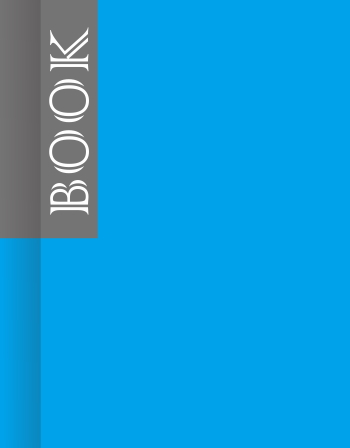DIGITAL LIBRARY
 | JUDUL | : | TINJAUAN YURIDIS TERHADAP GANTI KERUGIAN OLEH PENYIDIK, PENUNTUT UMUM DAN HAKIM DALAM PERKARA PIDANA YANG DINYATAKAN BEBAS OLEH MAHKAMAH AGUNG |
| PENGARANG | : | SUKARDI | |
| PENERBIT | : | UNIVERSITAS LAMBUNG MANGKURAT | |
| TANGGAL | : | 2019-07-10 |
SUKARDI. 2019. JURIDICAL REVIEW OF CHANGES BY AN ATTORNEY, GENERAL PROSECUTORS AND JUDGES IN THE CRIMINAL PERSPECTIVE BY THE SUPREME COURT. Lambung Mangkurat University Magister Program. Advisor Main : Dr. H. M. Erham Amin, S.H.,M.H. and Assistant Conselor: Dr. Anang Shophan Tornado, S.H., M.H., M.Kn. 111.
ABSTRACK Keywords: Compensation, Free Decision, Responsibility
The purpose of this thesis research is to analyze whether or not a defendant who has been convicted in the District Court and High Court has been acquitted by the Supreme Court to file a claim for compensation, and analyze the responsibilities of the Investigator, Public Prosecutor and Judge in the District Court The High Court was then acquitted by the Supreme Court. This research is a normative legal research, with an inventory of laws and regulations relating to claims for postjudgment free compensation and the responsibility to pay compensation from investigators, public prosecutors and judges after the defendant has been acquitted.
Based on the results of the study showed that First Article 95 paragraph (1) of the Criminal Procedure Code stipulates that the defendant who has been found guilty in the District Court and High Court then the defendant and his legal advisor make an appeal to the Supreme Court and finally are acquitted, the defendant / legal counsel can do claims for compensation, on the basis of claims for compensation are being arrested, detained, prosecuted and tried without reason under the law. However Article 95 of the Criminal Procedure Code does not clearly stipulate that the judge checks the petition for compensation claims. Based on intensive interpretation, the one who examined the claim for compensation was a district court judge (Article 95 paragraph 3 of the Criminal Procedure Code) by attending a pretrial hearing (Article 95 paragraph 5 of the Criminal Procedure Code). Therefore, it is not appropriate if the claim for compensation is submitted to a pretrial hearing, because the object of the pretrial hearing is limited to assessing the legitimacy of the actions of investigators and prosecutors as stipulated in Article 1 number 10 in conjunction with Article 77 of the Criminal Procedure Code. is the authority of district court, high court and Supreme Court judges. Both Article 95 paragraph (1) of the Criminal Procedure Code does not clearly regulate the scope of the institutional responsibility limit in providing compensation to defendants who are free. Based on intensive interpretation of 95 paragraphs (1) and Article 1 number 10 in conjunction with Article 77 of the Criminal Procedure Code, that investigators, public prosecutors and judges cannot be held accountable for acts of detention that have been committed against suspects and defendants whose decisions are declared free by the judge. Article 1 number 10 jo Article 77 of the Criminal Procedure Code determines that the examination of the validity of detention is submitted to a pretrial hearing and not to a court hearing. Article 79 of the Criminal Procedure Code has also clearly determined that a request for an
8
examination of the legality of an arrest or detention is submitted by the suspect, family or proxy, not submitted by the defendant. Therefore investigators and prosecutors cannot be held responsible for institutional compensation for the defendants whose cases have been acquitted, because the state will bear compensation for the accused who was acquitted.
| NO | DOWNLOAD LINK |
| 1 | FILE 1 |
File secara keseluruhan dapat di unduh DISINI